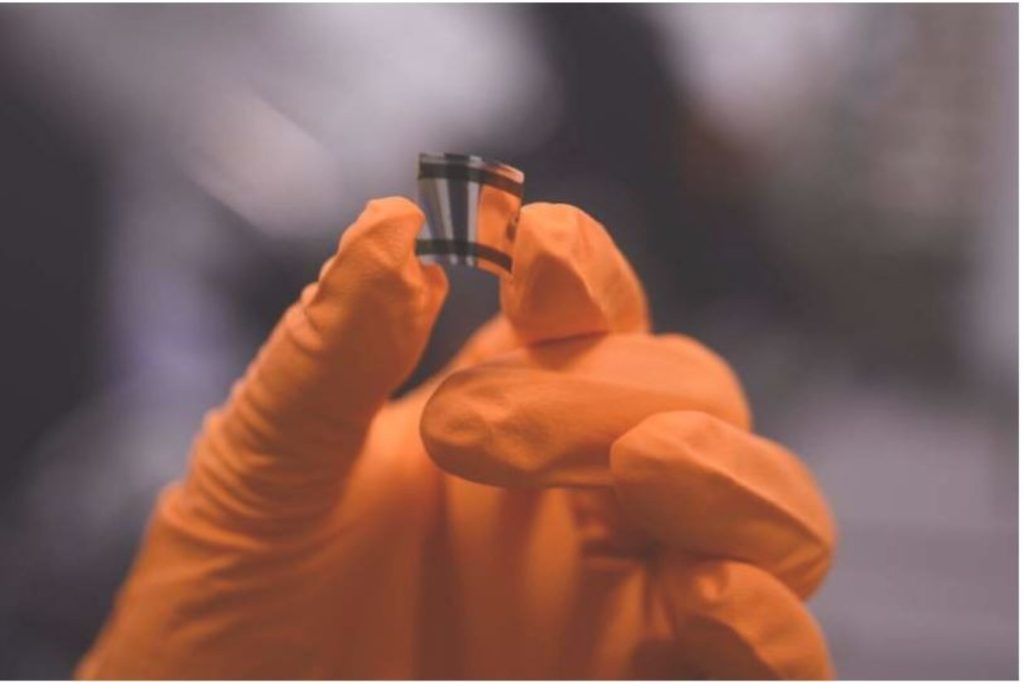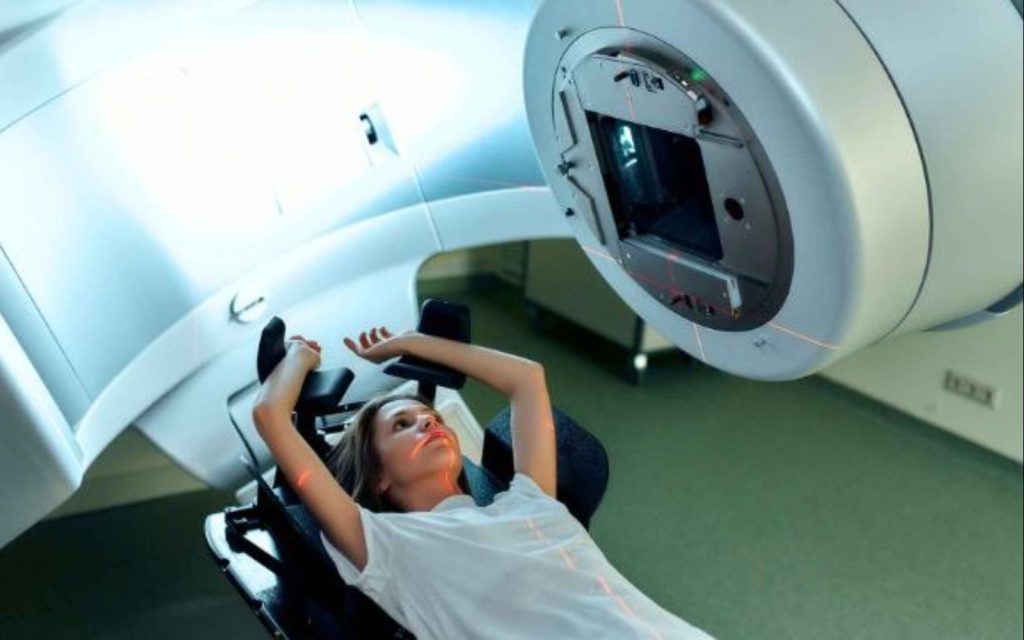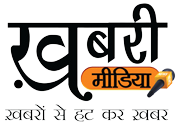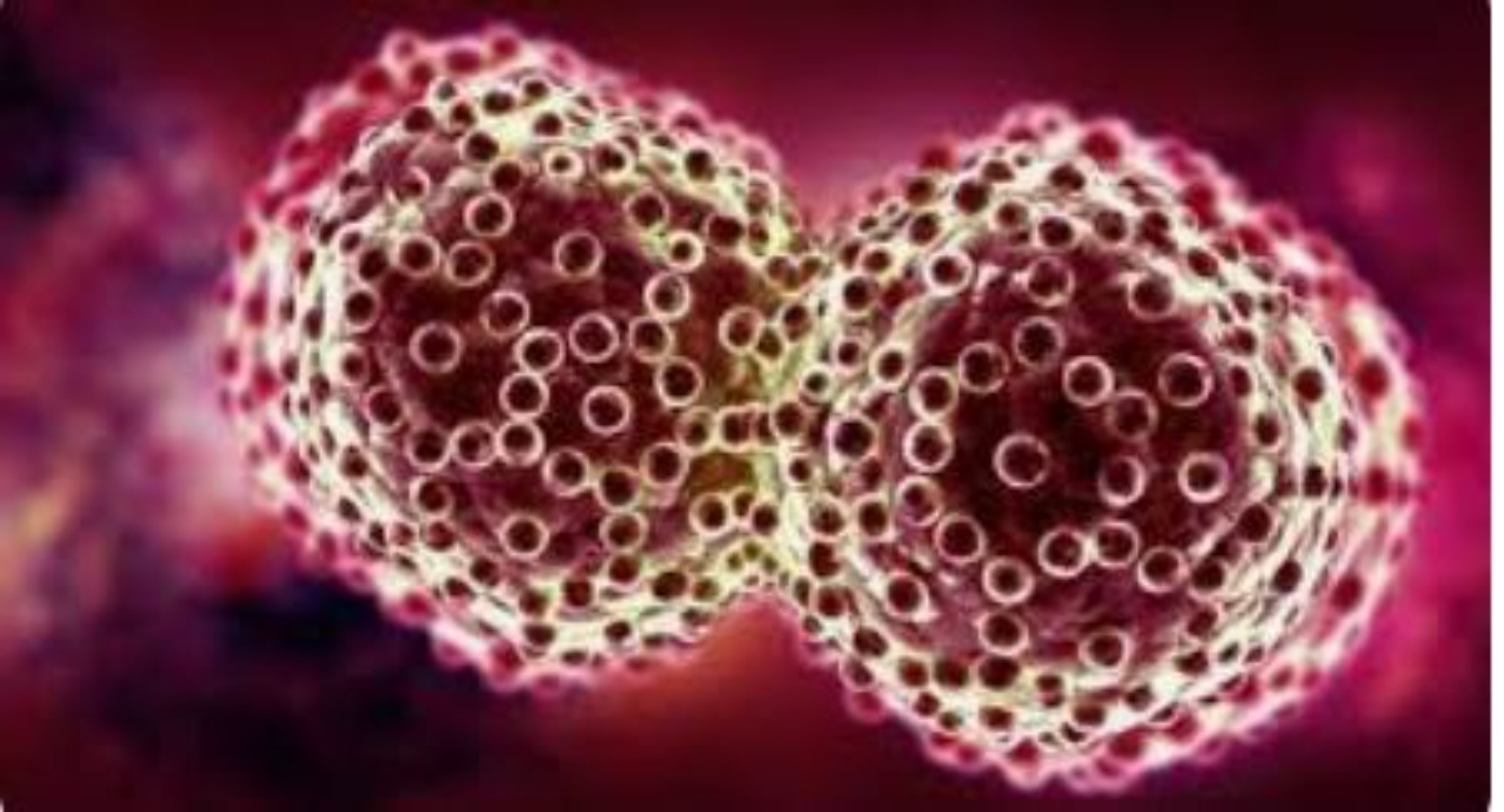Devanjana Mukherjee, Khabri Media
Cancer is a formidable adversary, affecting millions of lives worldwide and demanding innovative solutions for diagnosis and treatment.

Pic: Social Media
In the realm of medical technology, advancements often hold the key to improved patient outcomes. A recent study developed at the University of Surrey has unveiled promising findings in the form of new flexible X-ray detectors that could potentially revolutionize cancer treatment and diagnosis.
To subscribe please click tau.id/2iy6f and access our live channel.
READ: Doctor’s advice on healthy lifestyle
Traditionally, X-ray detectors are made of heavy, rigid material such as silicon or germanium. New, flexible detectors are cheaper and can be shaped around the objects that need to be scanned, improving accuracy when screening patients and reducing risk when imaging tumors and administering radiotherapy.
Substances built up of hydrogen and carbon, known as organic semiconductors, offer a more flexible solution, but until now, did not allow as detailed an X-ray image to be produced as traditional detectors. To solve this challenge, scientists created devices based on an ink by adding low quantities of high atomic number elements to an organic semiconductor.

Pic: Social Media
The potential impact of these flexible X-ray detectors on cancer treatment is significant. Early and accurate cancer diagnosis is critical for successful treatment. With improved image quality and versatility, medical professionals can identify tumors at a smaller size, potentially increasing the chances of successful treatment outcomes.
Radiation therapy, a common treatment modality for cancer, can benefit from these detectors by allowing for precise targeting of tumors while minimizing damage to surrounding healthy tissues. The 3D imaging capability can assist in treatment planning, ensuring that the radiation therapy is tailored to the individual patient’s needs.
While the study’s findings are promising, there are challenges that needs to be overcome such as cost-effectiveness, regulatory approvals, and widespread adoption by healthcare institutions. Research and development in this field will play a crucial role in addressing these challenges and bringing this technology to the forefront of medical practice.




